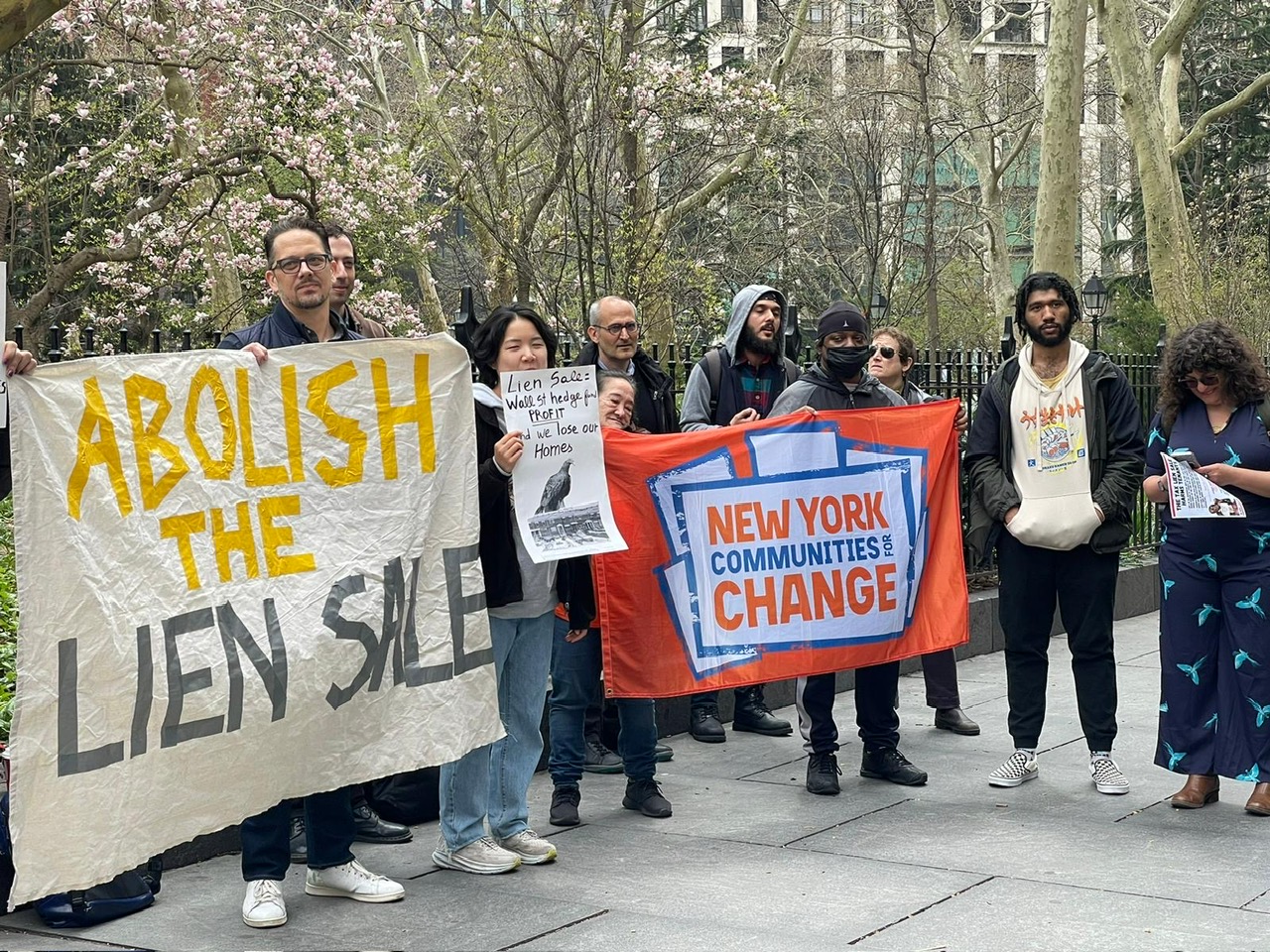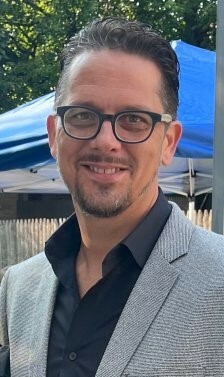
A few years ago, I found myself in a virtual workshop of about 30 international scholars and activists working at the intersection of housing and finance when a question was posed: how can scholars engage and support housing movements through their work? One longtime New York City housing activist reflected on their experience with scholars supporting movements: scholars framed struggles within a broader context, acting as translators of high theory to those on the ground building movements. In doing so, scholars identified the stakes vis-a-vis the imperatives of global capital and finance as housing increasingly became a source of outsize profit that threatened to dispossess and displace poor and working-class people. Scholars could illuminate pathways of struggle beyond the landlord, city officials, or financial institution; while not leading movements, scholars could guide activists with their deep understanding of social, political, and economic relations.
While reasonable, it didn’t resonate with my experiences working with the East New York Community Land Trust (ENYCLT). Nor did it seem to provide sufficient space to learn from and with those doing the work on the ground. What I saw in my work with the ENYCLT was a group of people keenly aware of how housing works under capitalism and plans for changing it. This informed how I approached my collaborative research with ENYCLT as we work to transform New York City’s handling of municipal debt into a pipeline for social housing development.
In my work with ENYCLT, which leads the Abolish the NYC Tax Lien Sale Coalition, I didn’t act as a translator. Instead, I followed. As a public scholar, I understand that my role is to learn through research and share what I find to promote social change. This research aims to prevent Black and Brown people, their homes and communities, from being subject to the proclivities of austerity urban governments working in tandem with investors and financial institutions. The Coalition is fighting against practices that have been used to dispossess Black people of their homes and land since Reconstruction. As scholars, we do have a deep understanding of the processes we research but we have much to learn. Sometimes we may need to be translators and guides, but we also need to know when to follow the research agendas and questions that our community and movement-based collaborators have as we work together to make new futures possible.
Author

Jakob Kendall Schneider
PS2 Public Research Fellow
Jakob Kendall Schneider is an activist-scholar PhD candidate in the environmental psychology program at the City University of New York (CUNY) Graduate Center. He serves on the board of directors of the East New York Community Land Trust in Brooklyn, New York. His work has been published in Housing Policy Debate and Antipode: A Radical Journal of Geography.
